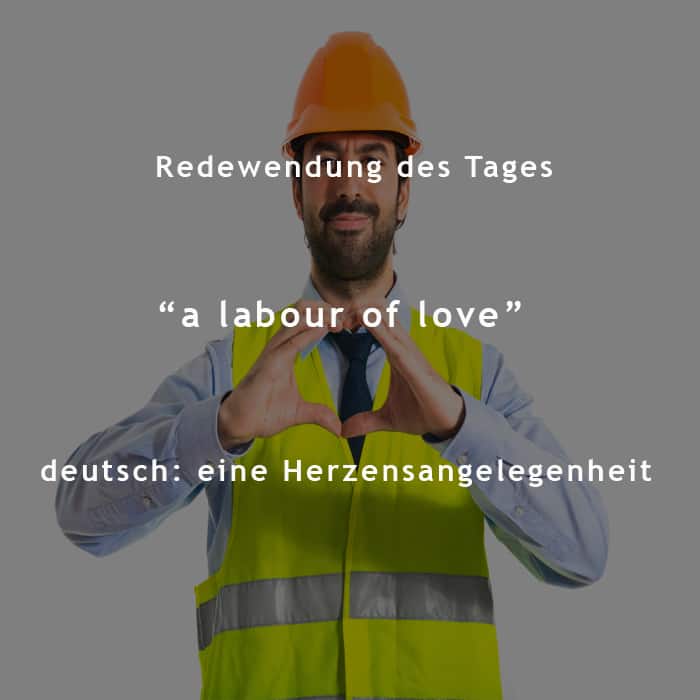The current pandemic does not only bring global health issues but also has a negative effect on the economy – die Wirtschaft. Another shift is becoming visible now. In the wake – inmitten – of the pandemic many industries experience a labour shortage – der Arbeitskräftemangel. This has far reaching consequences like supply chain disruptions – die Unterbrechung der Versorgungskette. As the economies reopen many workers quit – kündigen – roles and demand – die Nachfrage – rises.
Why do we have a labour shortage?
One factor behind the labour shortage are changing demographics. For example, many poeple are leaving into early retirement – frühzeitige Rente. Many people experienced the benefits of home office during the pandemic. And the thought of returning to the office is not an attractive one. Additonally, a slower birth rate means that less younger workers are entering the workforce – die Belegschaft/ die Arbeitskräfte. On top of that, border controls and immigration limitations and demands for better pays and more flexible working arrangements – die Arbeitsvereinbarungen – have an influence on the job market. Latest surveys – die Umfrage – show that more poeple are willing to switch employment or walk out on a job. In the US the so-called quits-rate rose to 4.3 million.
The sectors that are effected the most are accomodation and food services – die Gastronomie -, wholesale trade – der Großhandel – and governement education – die Bildung.
Key industries struggle to keep up with demand due to a lack of workers and raw materials. This disrupts global as well as local production. Furthermore, it hampers – beeinträchtigen – economic growth. And leads to a product and service shortage for customers. Experts state that while the pandemic is accentuating – etw hervorheben – the labour shortage the problems started beforehand. One reason might be, that workers have built up savings – das Ersparte – buffers and dont feel the urgency – die Dringlichkeit – to return to work.
What it means for the future…
In the UK the situation has been exacerbated – verschärfen – by Brexit. The many foreign workers the country relied on – sich verlassen – have left the UK. Industries that are effected most are meat production, transporttation and agriculture – die Landwirtschaft. This has led to a shortage of fuel at as stations. This situation could go on longer than expected at the moment. Not only that, it could mean that companies have to raise pay in order to keep their current staff – das Personal.
In order to stop redundancies – die Entlassung – during the pandemic governements have introduced furlough – Urlaub, Freistellung – and subsidized – bezuschussen – worker´s earnings. The situation could mean one good thing for job seekers. Namely, more leverage – das Druckmittel – to negotiate for better pay and conditions in the future.


